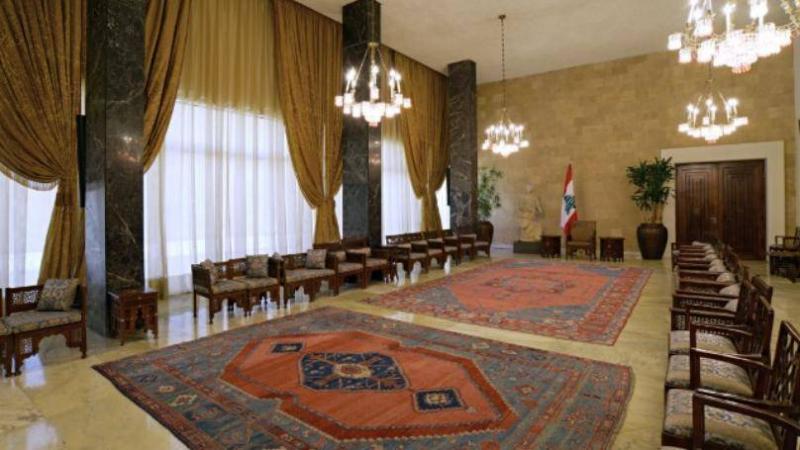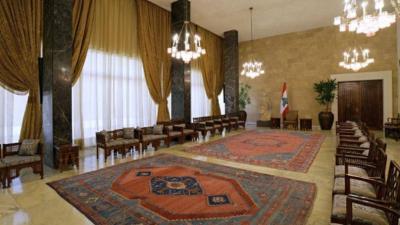It is a mistake to believe that any of the names currently being discussed in the political bazaar surrounding the presidency will become Lebanon's fourteenth president after President Michel Aoun exits the Baabda Palace on the afternoon of October 31, accompanied by a celebratory rally from supporters of the Free Patriotic Movement to Rabieh. The names being proposed and circulated in political salons and among parliamentary blocs are merely preliminary steps necessitated by the upcoming presidential election, before entering a serious phase that commences as the constitutional deadline approaches, when the presidential scenario will mature both locally and internationally and extend beyond the end of President Aoun's term. This is based on expectations stemming from Lebanon's historical political instability regarding the timing of its elections, which will intensify pressures to fill the vacuum and elect a non-hardline president, devoid of challenging characteristics, provocations, and divisions.
Five presidents have been elected after the Taif Agreement, largely as a result of local-regional-international convergence or through external agreements. However, what was possible before October 17 or even during the May 2022 elections is no longer feasible today. The vertical division in the parliamentary map, with neither side of the political conflict holding the initiative, makes the situation nearly impossible. None of the political players or leaders are willing to make the concessions that former Prime Minister Saad Hariri and Lebanese Forces Leader Samir Geagea offered in 2016, as what was applicable then is no longer valid today.
Regarding potential candidates for the presidency, they are still behind the scenes or distanced from the view of divisions and nominations, which their proponents recognize as a way to occupy idle time. According to a well-informed political source from "Al-Markaziah," the individuals who genuinely have chances for election do not exceed two or, at most, three. The candidates can be divided into four categories:
1. The first category includes non-consensual candidates, known as challenge or provocative candidates, primarily comprising the major Christian party leaders: Samir Geagea, Gibran Bassil, and Sleiman Frangieh. While the first two are fully aware that their chances of success under the current circumstances are nonexistent, Frangieh still clings to a glimmer of hope that might fulfill a distant dream.
2. The second category consists of significant candidates considered change-makers on economic, political, and security levels, including: MP Naama Frangieh, who is practically and realistically rejected by the Shiite duo and the March 8 Axis for his financial and economic ties with the Americans and Gulf states; MP Michel Moawad, viewed by the duo, particularly Hezbollah, as funded by the U.S. Agency for International Development (USAID) and close to Washington; and Army Commander Joseph Aoun, who enjoys American support on economic, financial, and political fronts. Hezbollah fears a military and political confrontation with him; however, his chances are currently high if the constitution is amended after President Aoun's exit.
3. The third category consists of a group of economists and financial experts proposed as potential presidential candidates, including: former Minister Jihad Azour, whom the March 8 Axis considers a shadow of former Prime Minister Fouad Siniora and a representative of the World Bank in Lebanon; and former Minister Camille Abou Sleiman, considered extremist and aligned with Geagea. Those within the March 8 Axis believe that these individuals could be successful finance and economy ministers, not presidents, and some have internal and international connections that they cannot abandon, placing them outside the running.
4. The final and fourth category includes individuals at the heart of Lebanon's complex political system. They possess relationships and expertise with Arab and Western countries and are not in conflict with the resistance axis countries. With their neutral practices, they can bridge the Lebanese political contradictions, referencing the Taif Agreement, the National Pact, and the Constitution. Based on these sources, it is likely that a president will be elected from among these names, as confirmed by sources that ensure these names will emerge publicly in light of initiatives led by Parliament Speaker Nabih Berri alongside political forces to facilitate the election of a consensus candidate when the time comes.




